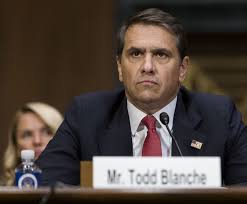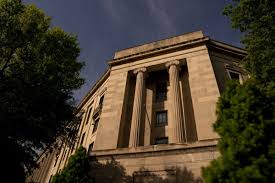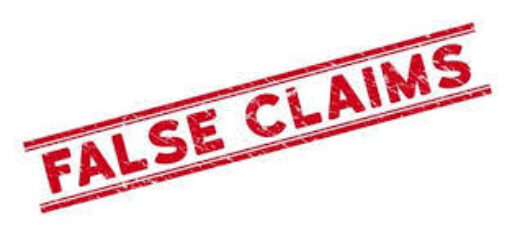Justice Department Resumes FCPA Enforcement with New, Focused Guidance (Part I of II)

The Justice Department has returned to the FCPA enforcement arena — in a significant development, DOJ announced the resumption of FCPA enforcement, with a new set of enforcement guidance principles. The new guidance is an important statement governing FCPA investigations and prosecutions.
The impact of this new approach will be significant — the precise scope of this renewed focus will depend on certain legal factors, resources and the importance placed on foreign bribery cases.
While there has been a reduction in the number of attorneys assigned to DOJ’s FCPA Unit, DOJ’s current leadership, in a prior action, authorized U.S. Attorneys’ Offices around the country (94 separate districts) to investigate and prosecute FCPA cases with less oversight. The authorization of US Attorneys’ Offices in this arena may increase FCPA enforcement, in total.
As always, the devil is in the details — DOJ’s Guidelines for Investigations and Enforcement of the FCPA, June 9, 2025 (“DOJ FCPA Guidance Memo“), outlines several significant issues and priorities for future FCPA cases .
Guidance Purposes
DOJ’s FCPA Guidance Memo is intended to (1) limit undue burdens on American companies that operate abroad; and (2) target enforcement actions against conduct that “directly undermines U.S. national interests.”
DOJ directs prosecutors to focus on cases:
1. Against individuals who “have engaged in criminal misconduct,” while avoiding corporate prosecutions where they prosecutors “attribute nonspecific malfeasance to corporate structures;”
2. Proceed as expeditiously as possible in their investigations; and

3. Consider collateral consequences, such as potential disruption to lawful business and impact on a company’s employees, throughout the investigation, not only at the resolution phase.
Executive Order Factors
The initiation of new investigations and cases, the DOJ FCPA Guidance Memo identifies several factors to consider — and must be authorized by the Assistant Attorney General for the Criminal Division.
The DOJ FCPA Guidance Memo Factors include:
Focus on Cartels and Transnational Criminal Organizations: As expected, the DOJ FCPA Guidance Memo underscored the importance of pursuing cases against Cartels and TCOs to dismantle the financing mechanisms and shell companies used by these criminal networks. To this end, one “primary consideration” in deciding whether to pursue an FCPA case is whether the alleged misconduct (1) is associated with the criminal operations of a Cartel or TCO; (2) utilizes money launderers or shell companies that engage in money laundering to benefit Cartels or TCOs’ or (3) is linked to employees of state-owned entities or other foreign officials who have received bribes from Cartels or TCOs.
Safeguarding Fair Opportunities for U.S. Companies: The DOJ FCPA Guidance Memo is keyed to promote the competitiveness of U.S. companies by noting that bribery of foreign officials distorts markets, undermines the rule of law and can put U.S. companies at a serious economic disadvantage. In this respect, DOJ sill now consider whether “the alleged misconduct deprived specific and identifiable American companies or individuals.”
DOJ noted that “the most blatant bribery schemes” have historically been committed by foreign companies. This is an accurate statement and reflects the Trump Administration’s adherence to economic nationalism.

Advancing National Security: The DOJ FCPA Guidance Memo cites the fact that FCPA enforcement should not penalize “American citizens and business” for “routine business practices in other nations.” In particular, prosecutors should be mindful that the FCPA contains an exception for facilitating expediting payments and it provides for affirmative defenses for “reasonable and bona fide expenditures and payments that are lawful under the written laws of the foreign country.”
To this end, DOJ prosecutors are directed to avoid prosecutions that involve “de minimis or low-dollar, generally accepted business courtesies.” Rather, the focus of FCPA enforcement should be misconduct that has “strong indicia of corrupt intent,” “substantial bribe payments, proven and sophisticated efforts to conceal bribe payments, fraudulent conduct in furtherance of the bribery scheme, and efforts to obstruct justice.” Also, DOJ will “prioritize” serious cases where the local jurisdiction is un willing or unable to prosecute the same alleged misconduct.
















It’s interesting to see the DOJ decentralizing FCPA enforcement — empowering local U.S. Attorneys could lead to more unpredictable outcomes but also broader accountability. I’m curious how this shift will influence corporate compliance strategies and internal risk assessments going forward.